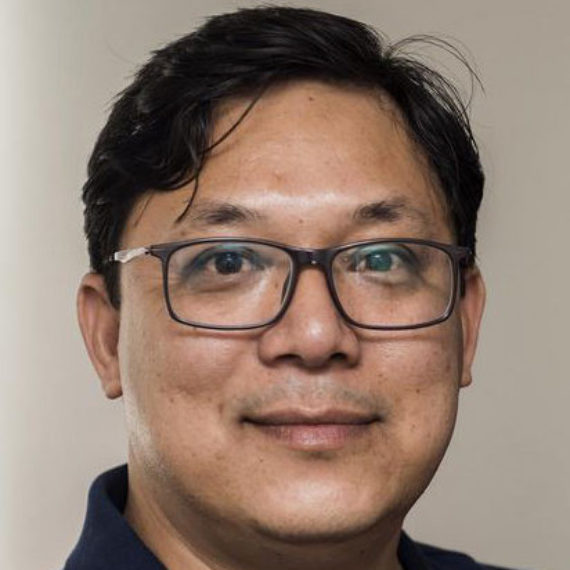Nepal is predominantly a non-sewered country. The demand and need for proper management of non-sewered sanitation is increasing but at the same time the non-sewered sanitation professionals in the country have limited knowledge and capacity. There are no academic institutions/universities in the country offering courses focusing on non-sewered sanitation. To address this challenge, Kathmandu University (KU) aims to establish itself as a central hub for knowledge dissemination and technology implementation in non-sewered sanitation in Nepal. To begin with, Kathmandu University plans to (i) enhance the capacity of faculty members; (ii) develop innovative ideas and new programs, and (iii) run a short course on non-sewered sanitation. A study visit to the FSM plant in Devanahali, Karnataka, India is planned to give exposure to, and enhance the capacity of, the university faculty members who will be involved in running the MSc course later at KU. Student projects in the final year undergraduate and/or graduate degree courses will be supported to develop innovative ideas in the field of non-sewered sanitation. A short course will be developed and imparted, targeting (i) technical officers/engineers from various municipalities in Nepal and (ii) young sanitation professionals (working in various private companies, NGOs, etc). As the local government elections have recently been completed after 20 years, this is the right time to collaborate with local government authorities in accelerating the increase in knowledge, promotion and impact of non-sewered sanitation. At least 12 academics/students will gain a specialized knowledge on non-sewered sanitation, which will support the creation of many professionals in the field of non-sewered sanitation. At least 25 officers/professionals will acquire an increased knowledge and enhanced capacity on non-sewered sanitation, contributing to the sustainable promotion of non-sewered sanitation in Nepal.
Program on non-sewered sanitation
Kathmandu University │ Nepal
Managed by

Contact

Previous
course
Next
course
Back to Course